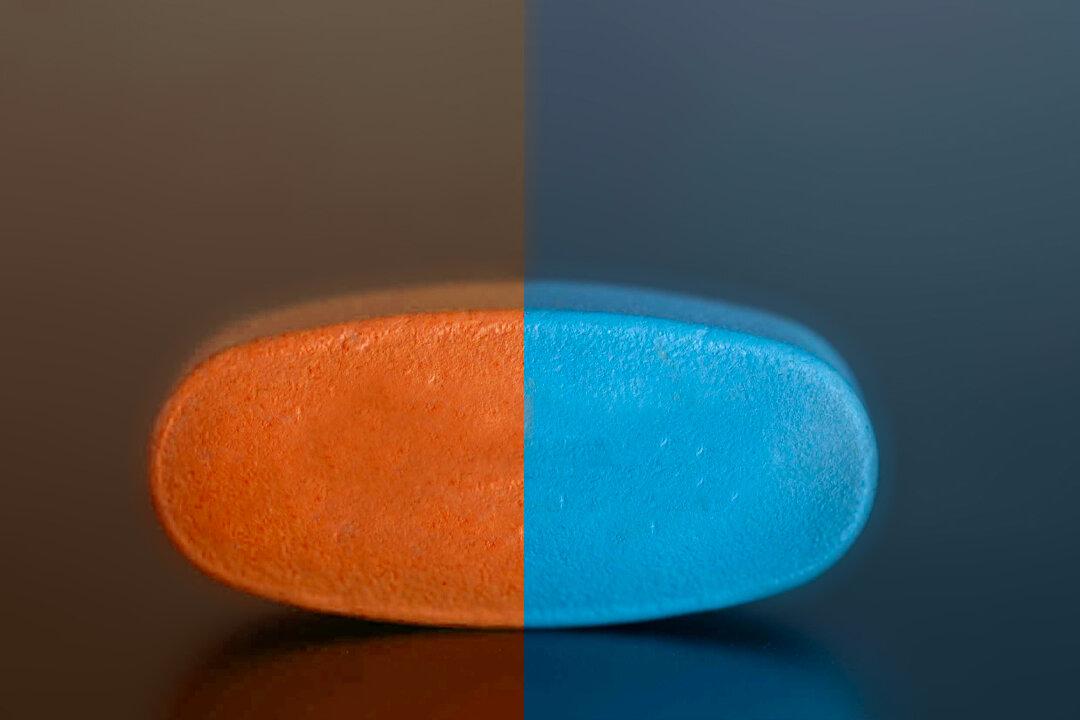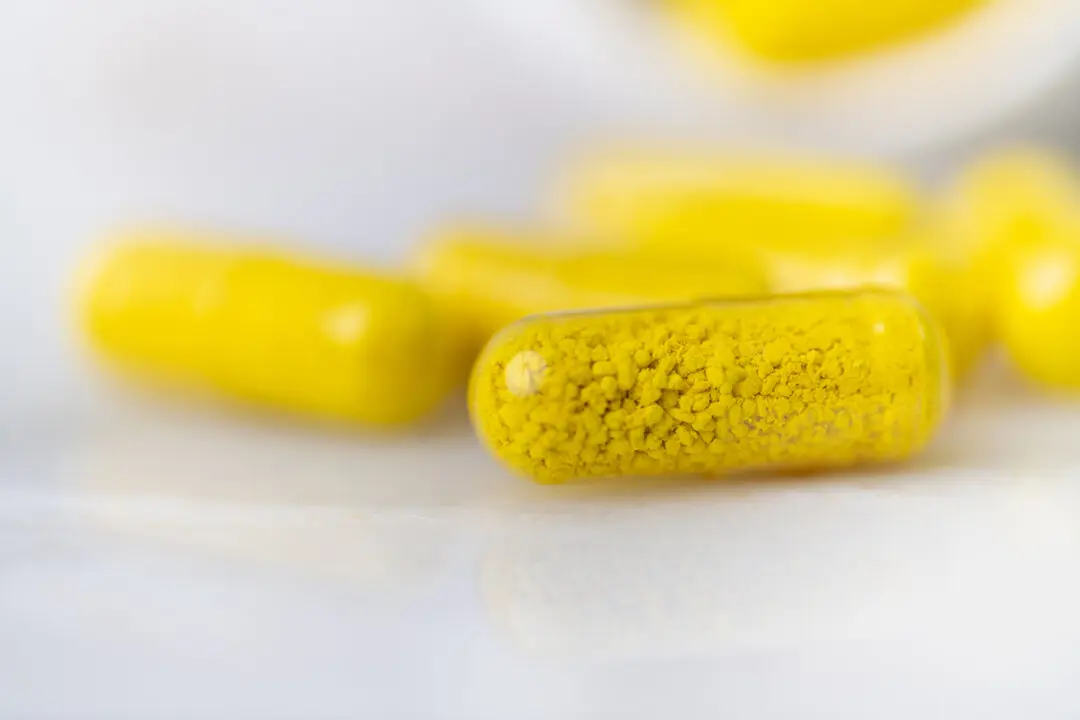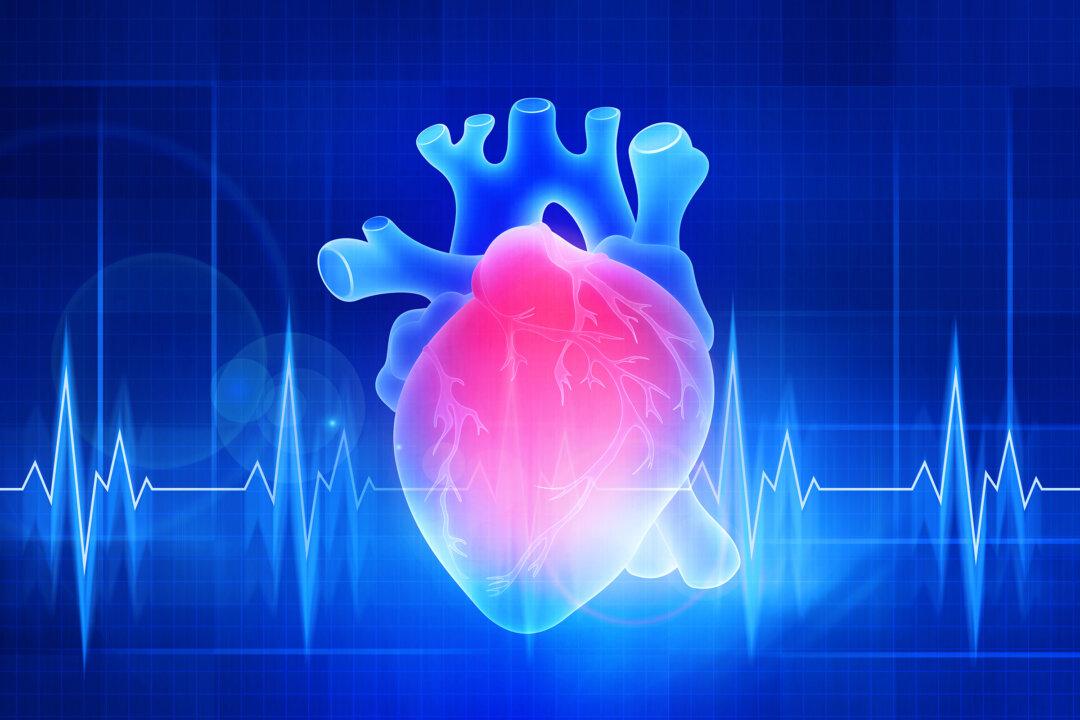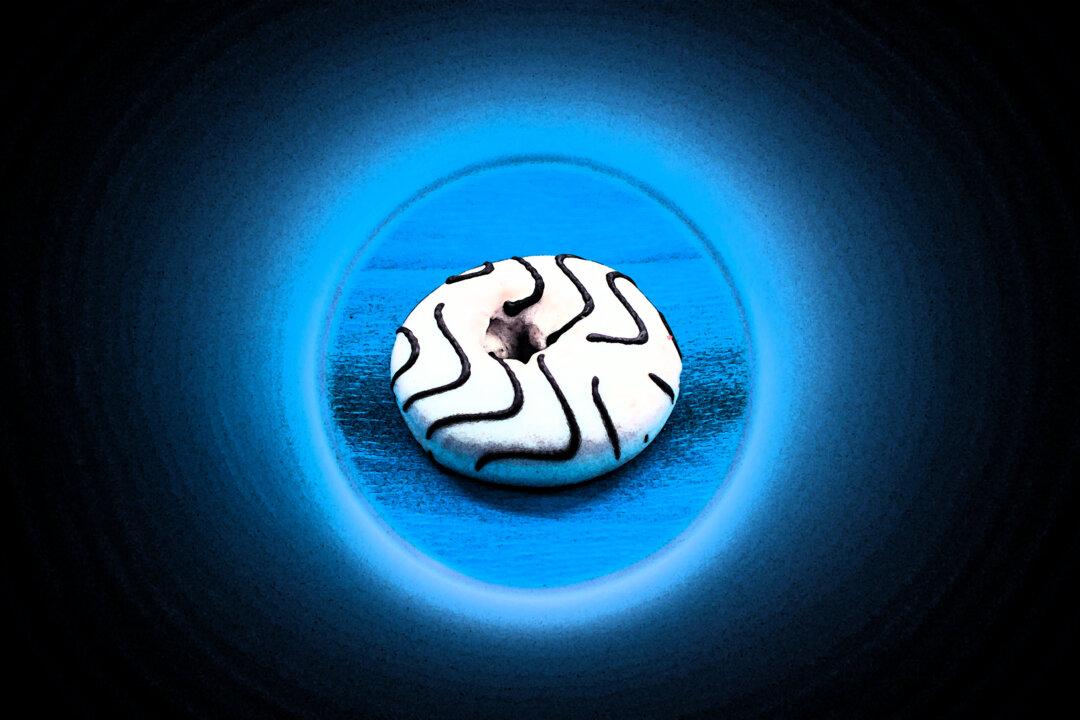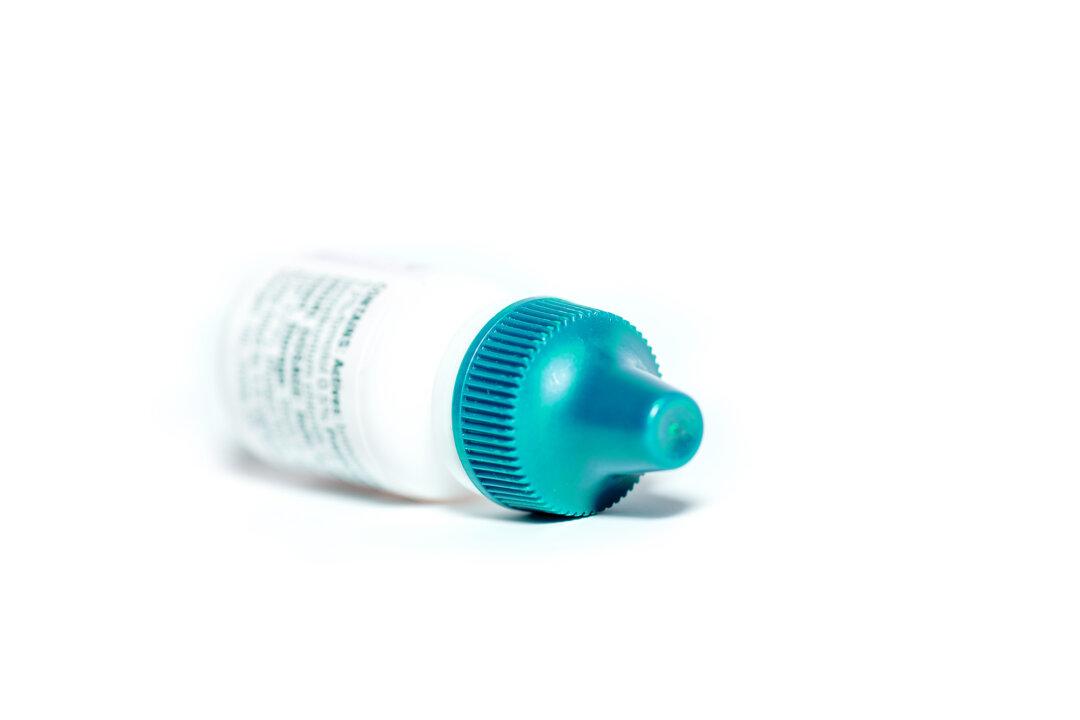For 50 million Americans, the picture of life is tarnished by chronic pain. Whether it’s a migraine, knee pain, or backache, chronic pain restricts what we aspire to accomplish.
Grandparents can attest to this. Middle-aged professionals realize it. Stay-at-home moms know this all too well. High school athletes are faced with it, too.

